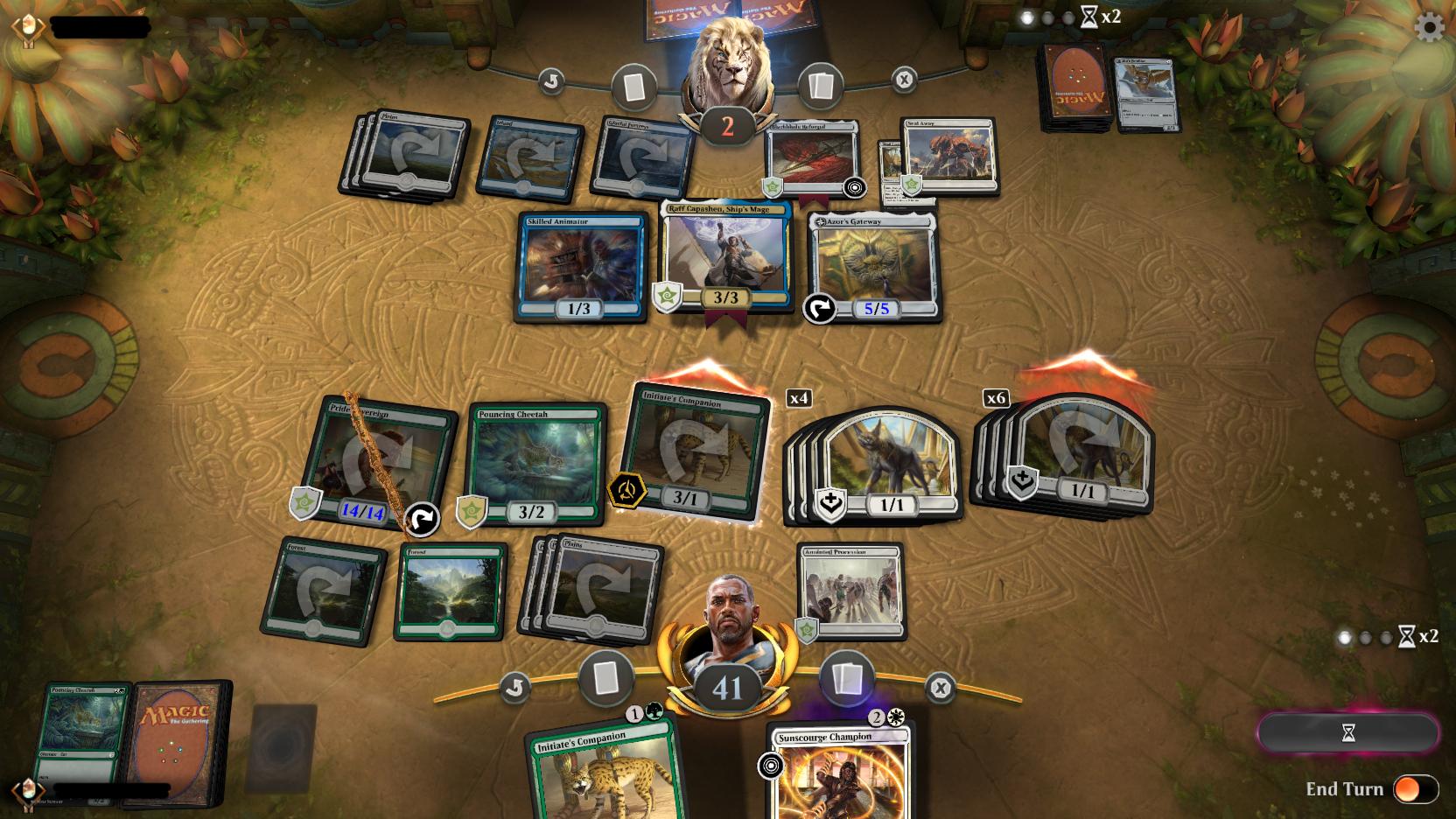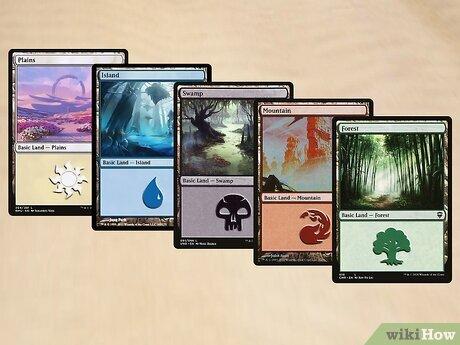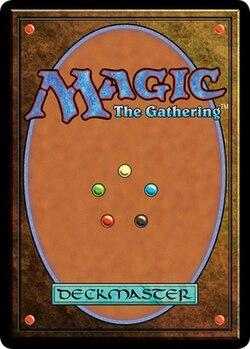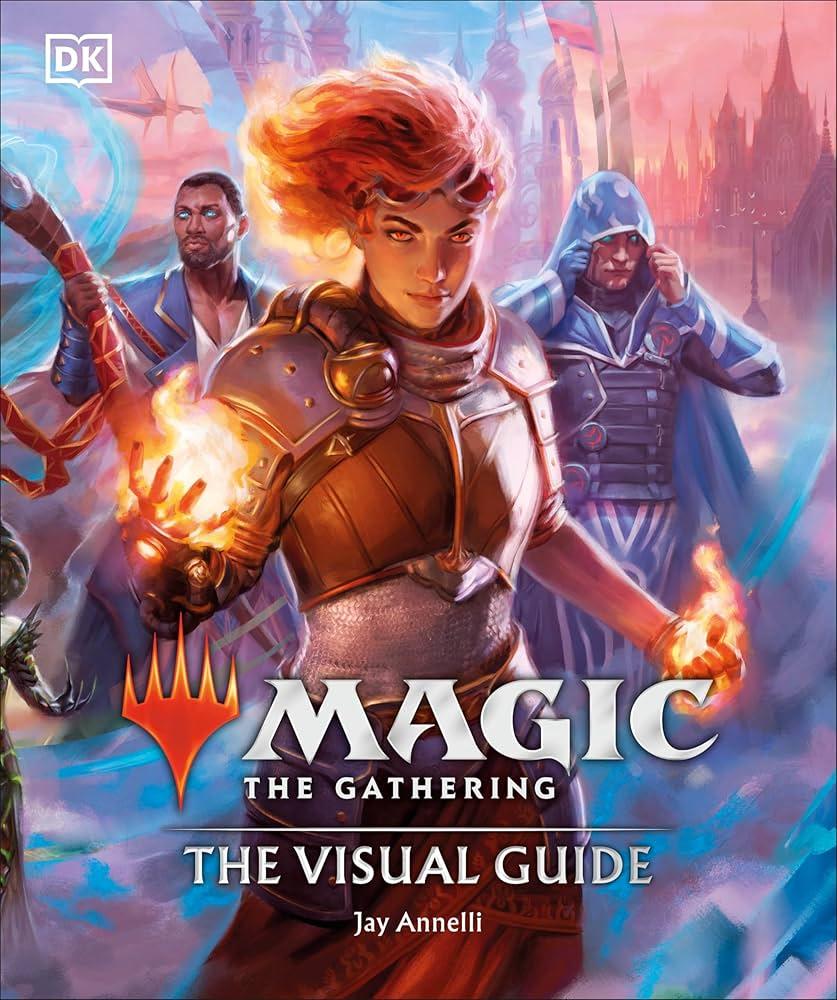Understanding the Basics of Magic: The Gathering Gameplay
At its core, magic: The Gathering is a strategic card game where players assume the roles of powerful wizards known as Planeswalkers. Each player constructs a deck of cards that typically consists of a mix of land and spell cards. The basic objective is to reduce your opponent’s life total from 20 to 0 by cast spells and summoning creatures.Understanding the different types of cards is crucial for success. In general, you’ll encounter:
- Creature Cards: Used to attack your opponent or defend against their attacks.
- Instant and Sorcery Cards: Provide one-time effects, such as dealing damage or drawing cards.
- Enchantment and Artifact Cards: Offer ongoing effects that can strengthen your game strategy.
- Land Cards: Generate the mana needed to play your more powerful spells.
The turn structure in Magic is designed to facilitate tactical gameplay. Each turn is divided into several phases-Untap,Upkeep,Draw,Main Phase,Combat Phase,and End Phase. During your Main Phase, you can play land cards, cast spells, and summon creatures. The Combat Phase involves declaring attackers and blockers, which adds a layer of strategy as you predict your opponent’s moves. Familiarizing yourself with these phases and the types of cards will greatly enhance your understanding of the game.Magic: The Gathering encourages players to think creatively and adapt their strategies to outsmart their opponents.

choosing Your First Deck: A Guide for New Players
As a newcomer to magic: The Gathering,selecting your first deck can feel overwhelming,but it can also be an exciting doorway into the game. A good starting point is to explore preconstructed decks, which are designed for beginners and offer a balanced introduction to gameplay mechanics. These decks typically reflect various play styles, so consider the following attributes when making your choice:
- Play Style: Do you prefer aggressive strategies or slower, control-based gameplay?
- Mana Colors: Familiarize yourself with the five colors of magic-White, Blue, Black, Red, and Green-and think about which color appeals to you.
- Card Types: Pay attention to the mix of creatures, spells, and enchantments; some decks emphasize creature combat, while others might focus more on spells and abilities.
In addition to preconstructed decks, consider building a simple custom deck using individual cards. This approach allows you to experiment with different mechanics and discover what truly resonates with you. When assembling your initial deck, it’s wise to keep the following in mind:
- Card Count: Aim for a deck of 60 cards to maintain consistency and a better chance of drawing your key pieces during a match.
- Mana Curve: Balance your card cost; having a variety of cards across different mana costs can definitely help you execute your strategy more effectively.
- Synergy: Select cards that work well together to create powerful combinations and maximize your deck’s potential.

Delving into Strategy: Key Tips for Mastering Your Game
Understanding the intricacies of gameplay can significantly elevate your Magic: The Gathering experience. One of the most crucial aspects is developing your deck-building skills. Take the time to analyse the synergy between cards, ensuring that they not onyl support one another but also provide varied responses to your opponent’s strategies.Consider these foundational elements:
- Mana Curve: Balance your cards across different mana costs to maintain a consistent flow of plays.
- Card Types: Incorporate a mix of creatures, spells, and enchantments to enhance versatility.
- Win Condition: Define how you plan to win-whether through overwhelming your opponent with creatures or crafting a slow, control-based victory.
Another pivotal tip for mastering your gameplay is to refine your strategic decision-making during matches. Each turn presents a unique set of choices, and weighing the risks versus rewards can be critical. Here are essential considerations to keep in mind:
- Assessing Opponent’s Moves: Always analyze not just your cards but your opponent’s potential plays and strategies.
- Resource Management: Prioritize how you use your mana and other resources each turn to maintain pressure or defend effectively.
- adaptability: Be prepared to pivot your strategy based on the unfolding match dynamics and remain open to creative tactics.

Building a Community: Finding Local Playgroups and Resources
Getting started with Magic: The Gathering can be daunting, but finding a local community can significantly enhance your experience.Look for playgroups in your area where you can engage with other players, share strategies, and participate in events. Here are some effective ways to locate these communities:
- Visit Local Game Stores: Check bulletin boards or ask staff about organized play events.
- Online Forums and Social Media: Searching for local MTG groups on platforms like Facebook or Reddit can yield great results.
- Attend Game Conventions: Major events often have dedicated spaces for new players to learn and connect with others.
Once you find a playgroup, take advantage of additional resources available in your community.Many groups offer tutorials, deck-building sessions, and amiable matches to help beginners acclimate. Additionally, consider joining clubs or online communities that focus on building skills and sharing knowledge. Here are some valuable resources to tap into:
- MTG Meetup Groups: These are frequently enough listed on sites like Meetup.com, where you can participate in casual or competitive play.
- Local Tournaments: Engaging in local tournaments can definitely help expose you to different play styles and strategies.
- Online Content Creators: Many streamers and YouTubers provide walkthroughs and tutorials that can be beneficial.
